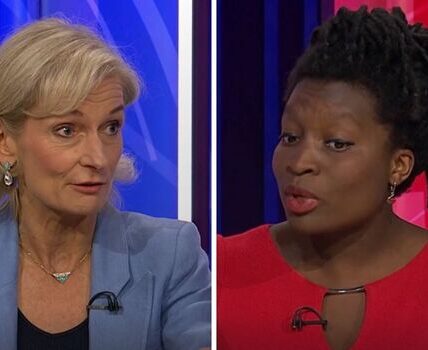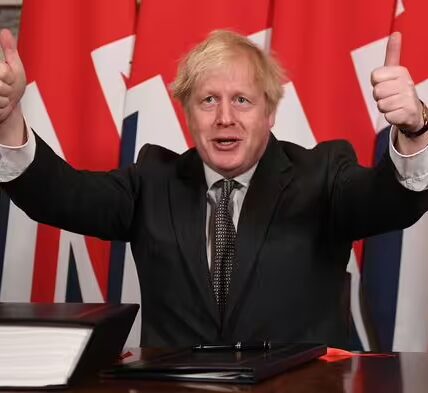
Prime Minister Sir Keir Starmer delivers a statement at No 10 on the Southport murders (Image: PA)
Sir Keir Starmer appealed for sympathy in a Downing Street press conference about the Southport killings.
Yes, the focus was on the murdered children. Six-year-old Bebe, seven-year-old Elsie and Alice, nine, who died following a mass stabbing in the Merseyside seaside town last July.
Sir Keir said: “The senseless, barbaric murder of three young girls in Southport is a devastating moment in our history.”
But as well as sombrely talking about the grief of their families and the “trauma” of those injured in the attack, Sir Keir asked us to spare a thought for him.
The purpose of the press conference was to scotch claims that the authorities, and perhaps Sir Keir himself, withheld information from the public.
It turns out the killer, Axel Rudakubana, was referred three times to Prevent, the Government’s scheme to stop terrorist violence.
As well as pleading guilty to the murder of three children, he also admitted in court the production of ricin, a chemical poison, and possession of a terrorist document.
This has led to claims, as the Prime Minister said himself, that there was a “conspiracy” to hide the truth. Sir Keir spoke of “a suggestion that there has been a ‘cover-up’.”
And yes, he said, he had known all about Rudakubana’s background. He was kept informed at every step of the investigation.
But he appealed to the audience in the room – journalists – to understand the dilemma he faced.
If he had starting speaking about the case once the legal process was in motion, it could have caused the trial to collapse and Rudakubana might have walked free, he warned.
And he suggested the assembled media knew how he felt, saying: “It’s why all of you as journalists couldn’t disclose all the details. The same laws apply to you just as they apply to me.”
Well, perhaps. This doesn’t explain why Merseyside Police issued a statement at the time saying the incident was not being treated as terror-related.
It doesn’t explain why Stephen Parkinson, the director of public prosecutions, was able to say in August last year that people involved in rioting following the Southport killings might be prosecuted as terrorists.
Mr Parkinson told the BBC at the time: “We are willing to look at terrorism offences. I’m aware of at least one instance where that is happening.”
Sir Keir also had a more nuanced explanation for why the murders were not classed as terrorism. He suggested that we usually regard terror as involving an organised group, such as Al Qaeda. This, however, had been the act of a lone individual who appeared to have been inspired by material he viewed online.
The Prime Minister spoke of “acts of extreme violence perpetrated by loners, misfits, young men in their bedroom, accessing all manner of material online, desperate for notoriety”.
And there were more of these people out there, he said. At one point he highlighted school shootings in America, which seem to occur with alarming regularity. The implication appears to be that we could be heading for a similar situation here.
A review by Sir David Anderson, the new independent commissioner for anti-terror programme Prevent, will look at what should be done.
But the PM appeared to have a pretty good idea already. We can expect a crackdown on terror-related material on the internet – something easier said than done. At one point Sir Keir complained that there are still rules governing what we see at the cinema but not on our phones.
And he hinted at a crackdown on political correctness in our institutions, at least if it gets in the way of keeping the public safe, saying Sir David’s review would be “unburdened by cultural or institutional sensitivities and driven only by the pursuit of justice”.


